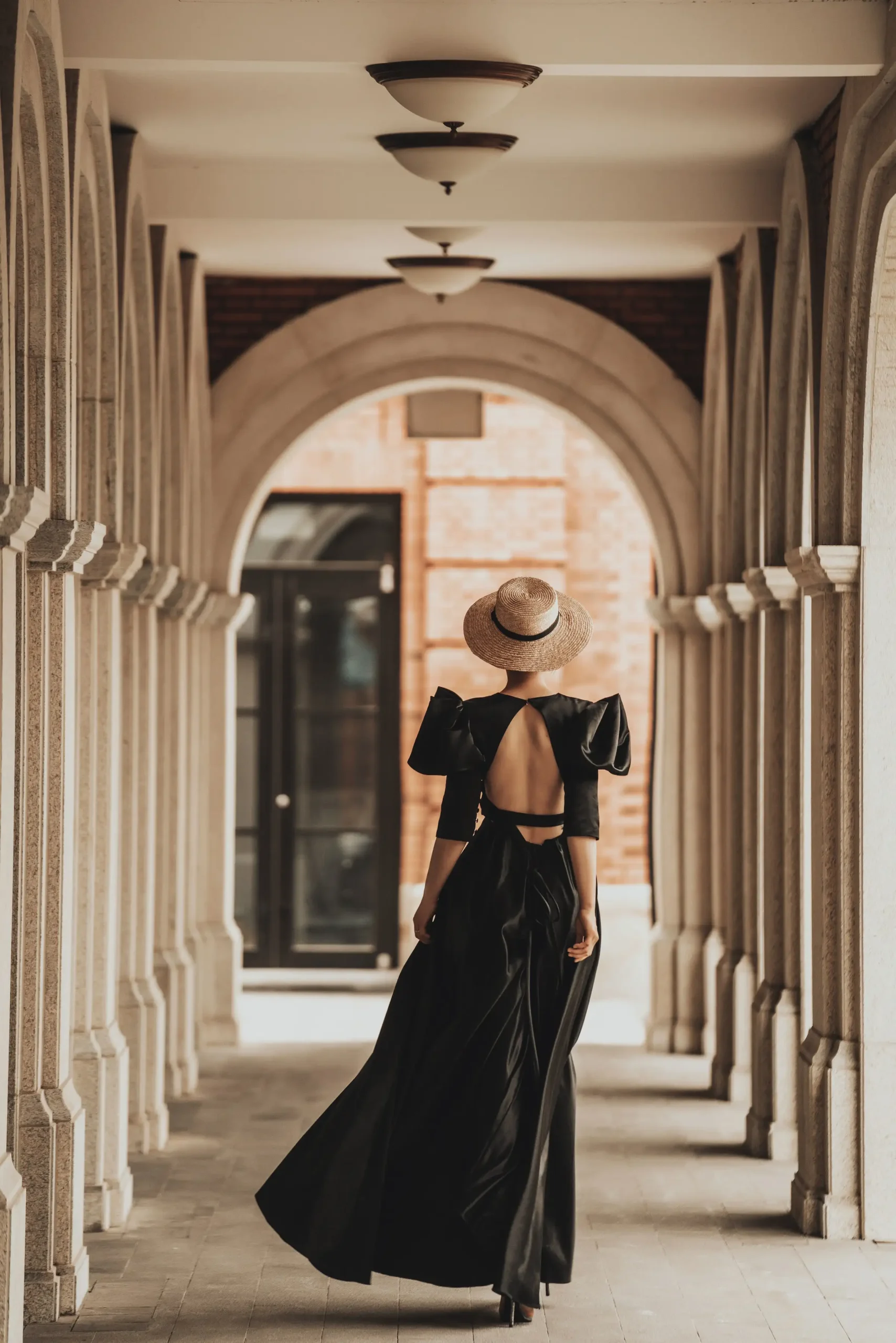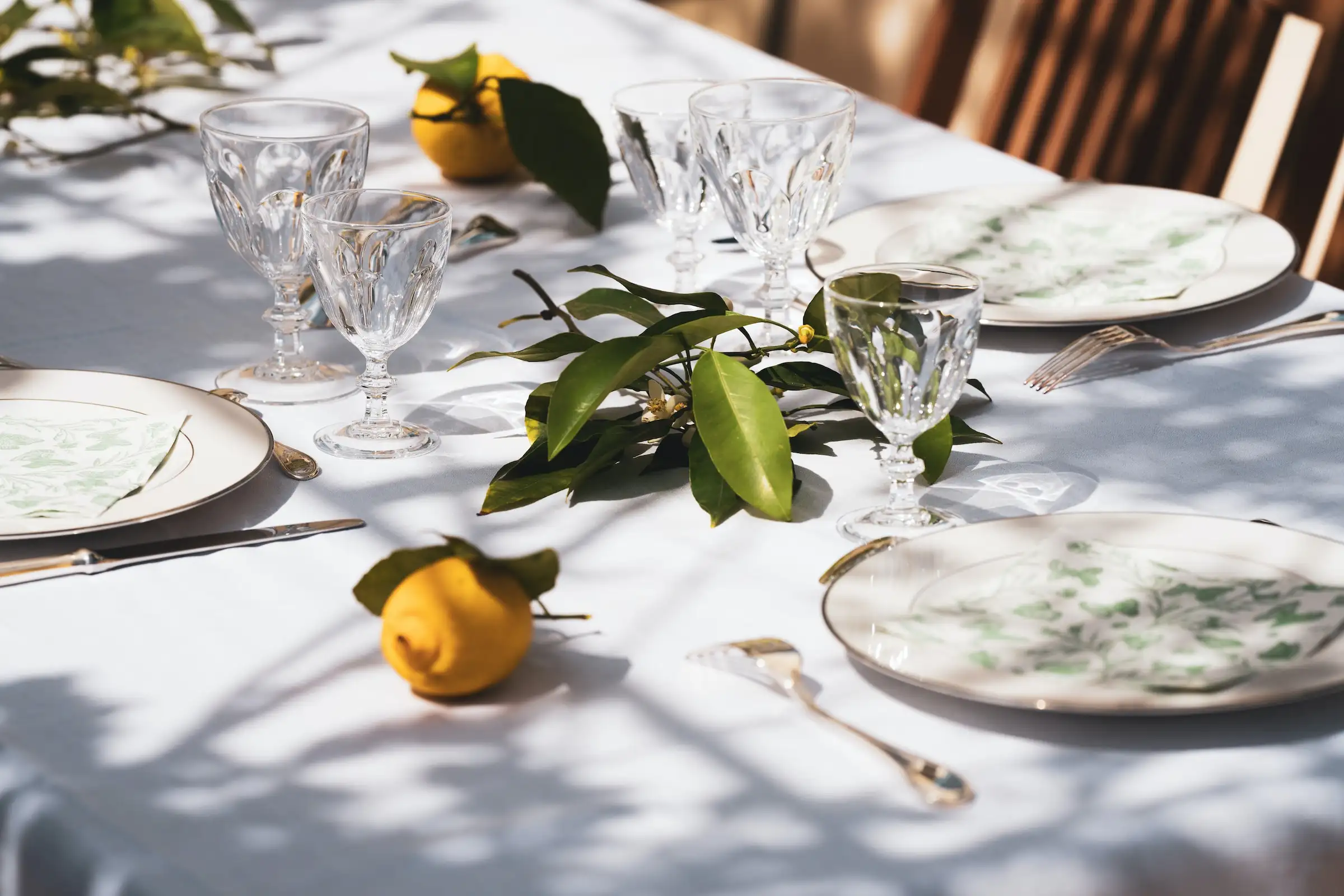Am I too old to do a Masters?

Am I too old to do a Masters? Am I too old to be a student? I’m a parent, can I really fit a Masters in? Is it really possible to study a Masters in your thirties?
These are all questions I asked myself before I took the plunge and submitted my application to study a Masters in Psychology last year. Because I run my own businesses, have 2 kids under 5 (one of whom is still at home with me 2 days a week) and have been fairly heavily sleep-deprived for 5 years, I chose to study a part-time Masters in Psychology. I also decided that distance-learning would be the best option for me, as I needed something flexible to work around me, my businesses and the kids. And because I have an undergraduate degree, but in a different field, I opted for the Psychology Conversion Masters. This essentially means that you pack in a Psychology undergrad and Masters into one course… intense!
So what’s it really like? Read on and I’ll tell you…
Am I too old to do a Masters?
Firstly, I want to address this question right off the bat and the simple answer is “No”. I actually went to an in-person open day (remember those… events where you actually met other human beings in real life!), before I chose where I’d be doing my Masters degree from and was pleasantly surprised to see a healthy mixture of twenty-somethings, thirty-somethings and beyond! I certainly wasn’t the oldest in the room and actually, walking around campus for the first time in a decade, I didn’t feel out of place at all.
The thought did cross my mind that it’d be fun to relive my uni days and get a campus-based Masters degree… BUT, it wouldn’t have worked with my schedule and I think the idea would have been more romantic… and thank goodness I didn’t… as COVID-19 would have ballsed that up fully!
Point is, being in my thirties, I realised quickly wasn’t too old to go back to studying and in fact, it felt empowered and entirely suitable. I listened to the twenty-somethings in the room, (who had just graduated), question whether they were ready for it and I felt more ready than ever. Here’s why…
Being confident enough to get the most out of your Masters…
When I studied my Undergrad, it was all a bit of a process for me. I knew I wanted to be at university and I loved it from the minute I landed on campus. But I won’t deny, university was far more about the life experience for me, then it was about the degree I obtained. In fact, I went thinking I should be a lawyer, accepted onto the Law course and after a year changed degree entirely (to Multimedia Technology and Design, if you’re interested). I changed for a multitude of reasons, that I won’t get into today, but I picked a course that I thought I could pass and might be a bit of fun, whilst I lapped-up uni life. Lucky for me, I chose the right course, as I met my husband and managed to get a 2:1.
But my point is, I never asked a question. I never truly submerged myself into the degree and I certainly didn’t make the most out of the studying element. After coming out of years of academia, I was ready for something different (in hindsight, I probably should have done a gap year) and so just did what I needed to do to pass.
I was too young to know what I wanted to do (I’ve never been one of those individuals who has a “calling” and knows exactly the career path they want to follow), I was unsure of my passions and I wasn’t hugely confident. So looking back, I didn’t get the most out of my studies.
But being in my thirties, with a fair amount of work and life experience behind me, I am in the perfect position to get the most out of my studies. I know what I’m interested in. I know how life works. I know how academia works. And I’m confident enough to ask questions, which is the most important part of studying!
What does my distance-learning Masters schedule look like?
As I mentioned earlier, I opted for a distance-learning Masters, because I needed something flexible to fit around work and family-life and knew I wouldn’t be able to commit to anything in-person. I ended-up choosing the course, led by Manchester Metropolitan University (a bonus as I live in Manchester, so thought if I wanted/needed access to the library, I could head along – I haven’t done this once!). MMU are one of two leading universities for the Psychology conversion Masters in this country at the moment, so it all worked out quite well.
In a nutshell, here’s what you need to know:
- You get access to an online portal where all your learning and contact with your academics and fellow students happens (ours is called Moodle)
- Everything you need to know is stored in this portal, in “modules” or “units” that are usually drip-fed, as you need access to them
- There are forums set-up to have contact with the course leaders, the unit teachers and your fellow students (so if you like the support and are not as confident with independent-learning, then this is a great benefit)
- Our particular Masters is run so we have the occasional “live” lecture or webinar (at least one for each unit) so you get some “face-to-face” time for questions etc.
- You then have an assignment for each unit, with a deadline to submit and upload (this gets marked and returned usually the following month)
- There is a dissertation to submit too
- Part-time for my particular masters is spread across 2 years of study (September – July) and the guideline is that it takes approximately 20 hours of study per week to get through (full-time is 37-40 hours a week, so if you’ve got a job, it’s virtually impossible)
- My experience is that some weeks you end up doing more than others (for example, when an assignment is due)
- I rarely spend 20 hours per week, as I focus on the priorities (more on that below)
My tips for getting through your distance-learning Masters
Get organised! There is no way you’re gonna get through this, if you’ve got anything else going on in your life, without getting organised! These are the ways I ensure I’m up-to-date with what I need to do and when:
-
- At the beginning of your course, you’ll get your yearly timetable which shows you which units run when and all your assignment due dates, plus the academic holidays. I put all of these into my Google Cal. I have a weekly bar across the top which tells me which week of the unit I should be studying and then I block the 2 days around each assignment due date (little tip too… I move the deadline ahead 2 days in my diary, to add that extra buffer and aim to hand it in the day before the deadline!)
- Get a project management app or tool. I use Asana for my Masters. I can add in individual tasks, due dates and links to make sure I don’t get behind on anything. Then tick them off as I go. It works great on desktop and as an app. So for example, for each study week there’ll be: a) essential reading, b) additional/wider reading, c) learning activity – I map each of these out in Asana.
- Focus on the essentials first. If time is limited, I’ve learnt to focus on the essential parts of my studies, like the essential reading and the assignments. I get these sorted first and then anything from then on is a bonus (like additional reading, which you can catch-up on in the holidays for example). This won’t work for everyone, but it does for me, as there are many weeks where I just physically don’t have 20 hours to dedicate to my studies.
Know your limitations! If you’re anything like me, you won’t love or enjoy every single module of your Masters, even if you’re studying something you’re really passionate about. And that’s ok. We can’t all be good at everything! So be fine with the fact that some results will likely be better than others.
Check-in regularly! My course have quite a lot of updates and if you’re not checking the boards/forums regularly, it can be quite easy to miss them and feel overwhelmed. So set a reminder in your diary to check them a couple of times a week (if not daily).
Make connections! I’m fairly happy self-motivating and studying independently but I would be at a loss without my peer support group! Luckily, our course leaders set up these support groups at the beginning of your studies and there are about 15 of us in mine. We can talk via Slack or Teams and in our 2nd year, we have a whatsapp. I don’t dip in loads, but when I need to, it’s great to know it’s there. It’s a reminder that you’re not alone in your worries or struggles and a great way to ensure you’ve understood things correctly or haven’t missed anything important. If you like group-learning, it’s the perfect way to balance the distance-learning, virtual environment with some personal interaction with your peers.
So there we have it – my experiences (so far) of studying a distance-learning Masters in my thirties. And believe me, if I can do it, you can too!
If I’ve missed anything, feel free to ask here or over on my instagram, where you can send me a DM.
Pin me:




